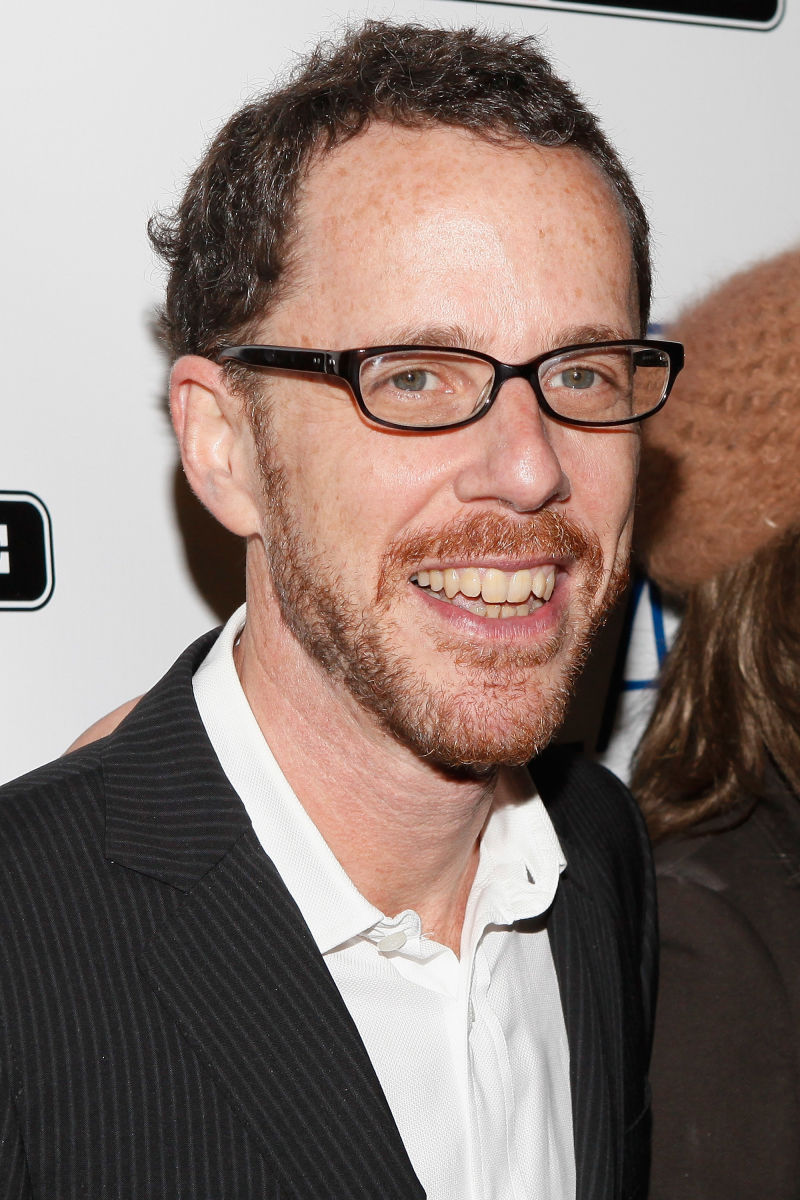
Ethan Coen
Birthdate – September 21, 1957 (66 Years Old)
Birthplace – Minneapolis, Minnesota, USA
One half (with older brother Joel) of one of the most successful sibling filmmaker partnerships in movie history, Ethan Coen (birthname: Ethan Jesse Coen) has co-created a truly distinctive, stylish, and deeply American filmography replete with tall tales, wild crime fiction, rollicking Westerns and musicals, and contemporary comedies and thrillers spanning virtually every genre and Hollywood trope.
The Coen Brothers’ body of work can be rightly compared to the work of the great directors of Hollywood’s Golden Age of the 1930s-1950s (particularly the character-based comedy-dramas of Preston Sturges and Frank Capra) in its diversity, breadth, and volume, with the additional credit that they have written all of their co-directed movies—something most of those Golden Age directors seldom did.
Ethan, with Joel, established their consistent filmmaking practice with their debut feature, the dark crime drama, Blood Simple (1984), with Frances McDormand. Though credited as writer and not the director (due to guild requirements), Ethan in fact has co-directed with Joel on all of their features, and the brothers consider themselves to be co-filmmakers, sharing writing, directing, producing, and editing responsibilities.
They topped their well-received debut with the smart comedy, Raising Arizona (1987), with Nicolas Cage, Holly Hunter, and one of their many regular actors, John Goodman. Their rich and rewarding 1990s began with the exquisite period crime drama inspired by Dashiell Hammett’s detective novels, Miller’s Crossing (1990), with Albert Finney, Gabriel Byrne, and John Turturro; then the dark 1991 Hollywood comedy, Barton Fink, with Turturro—a crucial film for Ethan and Joel Coen since it won the Cannes Film Festival’s Palme d’Or and launched their decades-long collaboration with cinematographer Roger Deakins.
The third consecutive period film by Ethan and Joel Coen was the 1950s-set corporate satire, The Hudsucker Proxy (1994), with Tim Robbins, Paul Newman, and Jennifer Jason Leigh, though it was the brothers’ first box-office failure. Ethan and Joel Coen made a triumphant rebound with arguably their most successful movie to date, Fargo (1996), with McDormand as dogged Minnesota cop Marge Gunderson tracking a pair of killers, earning seven Oscar nominations and two Oscars (actress, screenplay), the Best Director Palme d’Or at Cannes, WGA and SAG awards, six Independent Spirit Awards, and best pictures prizes from both the New York Film Critics Circle and the National Board of Review.
Fargo’s status was sealed in 2006 when it was added to the National Film Preservation Board’s National Film Registry. Although Fargo was a hard act to follow, Ethan and Joel Coen did so with the enduring cult favorite, The Big Lebowski (1998), with Jeff Bridges as “The Dude” (loosely based on real-life film industry figure, Jeff Dowd), John Goodman, Julianne Moore, Steve Buscemi, John Turturro. Although it opened mildly, The Big Lebowski has garnered over the years one of the most passionate fan followings and is now possibly one of Ethan and Joel Coen’s most popular, in-demand movies.
The first decade of the 2000s proved more problematic for Ethan and Joel Coen, with a run of fine movies that were mostly box-office disappointments. Some of the musical elements in The Big Lebowski carried over into the music sequences (built around a rich collaboration with T. Bone Burnett) for O Brother, Where Art Thou? (2000), with George Clooney in a broad comic register with Turturro and Tim Blake Nelson.
Ethan Coen, with Joel, returned to their favorite genre—crime fiction—for The Man Who Wasn’t There (2001) with Billy Bob Thornton, Scarlett Johansson, and McDormand, and continued their collaboration with Clooney for Intolerable Cruelty (2003), with Catherine Zeta-Jones. Ethan and Joel Coen returned to period black comedy (spoofing the Ealing comedies of the 1950s) with the unexpected box-office disappointment, The Ladykillers (2004) with Tom Hanks, Irma P. Hall (winner of a Cannes festival Palme d’Or), and Marlon Wayans. It was Ethan and Joel Coen’s first feature for which both were credited as co-directors.
In 2007, Ethan and Joel Coen delivered one of their greatest achievements, their brilliant adaptation of Cormac McCarthy’s No Country for Old Men (2007), with Tommy Lee Jones, Javier Bardem, and Josh Brolin, resulting in eight Oscar nominations and four Oscars, including a clean sweep of the picture, director, screenplay awards, plus a supporting actor for Bardem (a first for a Spanish actor) in what some consider one of the most chilling bad guy performances in film history.
The movie nearly swept top prizes at all of the major U.S. critics organizations (it topped all movies that year as the number one pick for individual critics), as well as the guilds. Two subsequent movies by Ethan and Joel Coen produced and released by Focus Features marked two different tones—the spy comedy Burn After Reading (2008) with Clooney, McDormand, Brad Pitt, John Malkovich, and Tilda Swinton; and the Book-of-Job-themed A Serious Man (2009), with Michael Stuhlbarg, which received Best Picture and Screenplay Oscar nominations.
Of the four most recent movies by Ethan and Joel Coen, two of them have been superbly realized Westerns, the first based on Charles Portis’ classic novel, True Grit (2010), with Jeff Bridges, Matt Damon, Josh Brolin, and Hailie Steinfeld, proving once again that the brothers Ethan and Joel can make rollicking yet deeply artistic tales about American life; the second is the very different Western anthology of short stories, The Ballad of Buster Scruggs (2018), with a brilliant ensemble led by Tim Blake Nelson, Liam Neeson, Tom Waits, Brendan Gleeson, and Tyne Daly.
It was the first of the movies by Ethan and Joel Coen to be released by Netflix, and so its actual theatrical impact was hard to measure. Inside Llewyn Davis (2013), with Oscar Isaac, Carey Mulligan, Justin Timberlake, and John Goodman, was a despairing portrait of the struggling artist with another vivid soundtrack by T. Bone Burnett, followed by the Hollywood spoof, Hail, Caesar! (2016), with Clooney, McDormand, Johansson, Swinton, Jonah Hill, and Ralph Fiennes. In 2022, Ethan Coen made his first solo directorial effort with the music documentary, Jerry Lee Lewis: Trouble in Mind, which premiered out of competition at the Cannes Film Festival.
Coen then began to make feature movies separately from brother Joel, starting with his first movie in the so-called “lesbian B-movie trilogy,” Drive-Away Dolls (2024), starring Margaret Qualley, Geraldine Viswanathan, Beanie Feldstein, Colman Domingo, Pedro Pascal, Bill Camp, Matt Damon, and Miley Cyrus, and released by Focus Features/Universal Pictures. Coen directed and co-wrote (with Tricia Cooke) the second movie in his “lesbian B-movie trilogy,” Honey Don’t! (date to be announced), co-starring Qualley, Aubrey Plaza, and Chris Evans, and produced and released by Focus Features/Universal Pictures.
Personal Details
Ethan Coen was born and raised in the Twin Cities suburb of St. Louis Park. Ethan’s parents were art historian Rena and economics professor Edward Coen, and his siblings were Deborah and his older brother and his co-filmmaker Joel Coen. Ethan Coen graduated from St. Louis Park High School and earned an associate degree at Bard College and a philosophy degree from Princeton University. Ethan Coen has been married to film editor Tricia Cooke since 1990; the couple has two children, Dusty and Buster. Ethan’s height is 5’ 8”.
Some Facts About Ethan Coen
Songwriter: Ethan Coen is credited as a songwriter for three songs in three movies, including Inside Llewyn Davis and The Ballad of Buster Scruggs, as well as Wim Wenders’ Don’t Come Knocking (2005).
Production Company: Although Ethan (and Joel) Coen’s production company is named for Mike Zoss, Zoss is not a producer, but a pharmacist whose shop was the brothers’ favorite hangout growing up in St. Louis Park, Minn.
Screenwriter: Ethan Coen has written several screenplays for other filmmakers, including Sam Raimi (Crimewave in 1985), J. Todd Anderson (The Naked Man in 1999), Michael Hoffman (Gambit in 2012), Angelina Jolie (Unbroken in 2014), Steven Spielberg (Bridge of Spies in 2015), and George Clooney (Suburbicon in 2017). Ethan Coen’s screenplay for Blood Simple was adapted for Zhang Yimou’s Chinese black comedy, A Woman, A Gun, and a Noodle Shop (2009).
Awards
Four-time Winner, Best Picture/Director/Screenplay, Academy Awards (1997, 2008); Eleven-time Nominee, Picture/Director/Screenplay/Editor, Academy Awards (1997, 2001, 2008, 2010, 2011, 2016. 2019); Two-time Nominee, Best Limited Series, Emmy Awards (2016, 2017); Winner, Best Director, BAFTA Awards (2009); Winner, Special Award, Cameraimage (2001); Winner, Grand Prize, Cannes Film Festival (2013); Winner, Best Foreign Film, David di Donatello Awards (2008); Winner, Best Director, Directors Guild of America (2008); Three-time Winner, Best Feature/Screenplay/Robert Altman Award, Independent Spirit Awards (1997, 2010); Winner, Best Screenplay, Golden Globe Awards (2008); Four-time Nominee, Best Director/Screenplay/Song, Golden Globe Awards (1997, 2002, 2008, 2014); Two-time Winner, Best Feature/Filmmaker Award, Gotham Awards (1994, 2013); Winner, Best Screenplay, Los Angeles Film Critics Association Awards (1996); Two-time Winner, Best Director/Screenplay, National Society of Film Critics Awards (2010, 2014); Two-time Winner, Best Director/Screenplay, New York Film Critics Circle Awards (2007); Three-time Winner, Best Producer, Producers Guild of America Awards (2008, 2015-2016); Winner, Silver Medallion Award, Telluride Film Festival (2013); Winner, Best Screenplay, Venice Film Festival (2018); Two-time Winner, Best Screenplay/Adapted Screenplay, Writers Guild of America Awards (1997, 2008); Five-time Nominee, Best Screenplay/Adapted Screenplay, Writers Guild of America Awards (2002, 2009-2011, 2016).


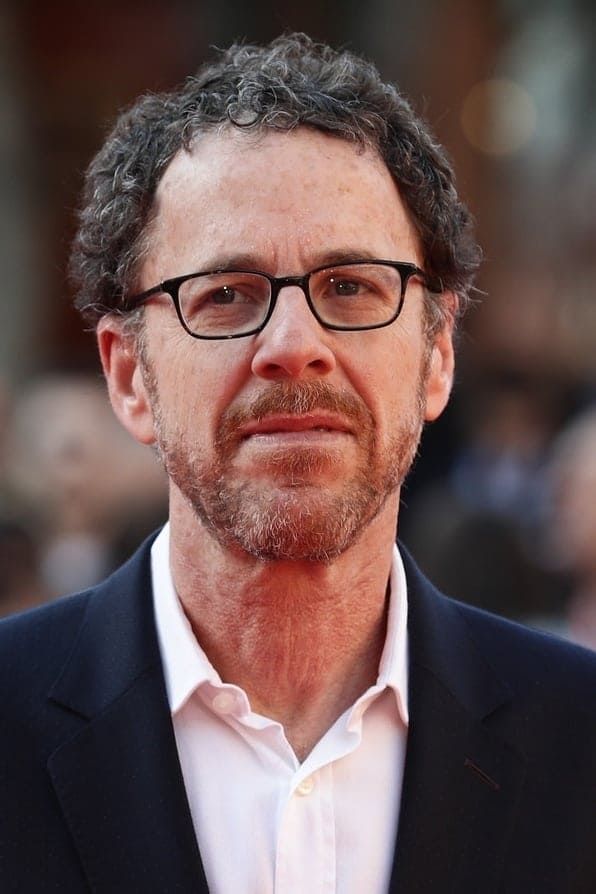



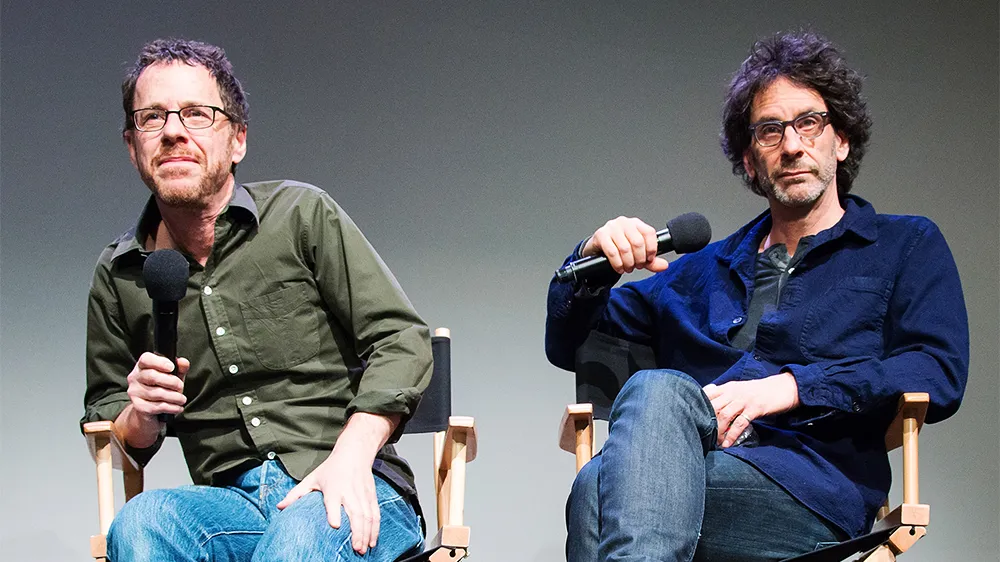



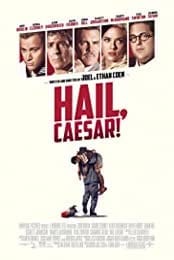
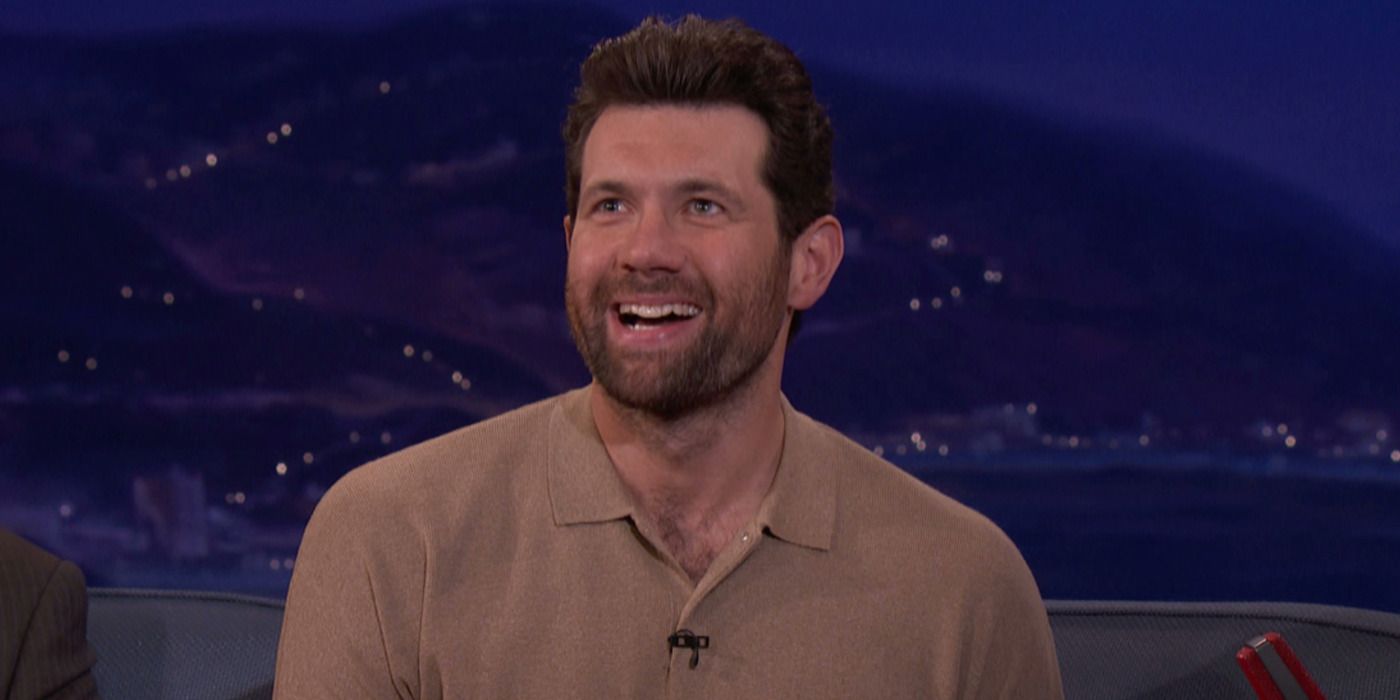
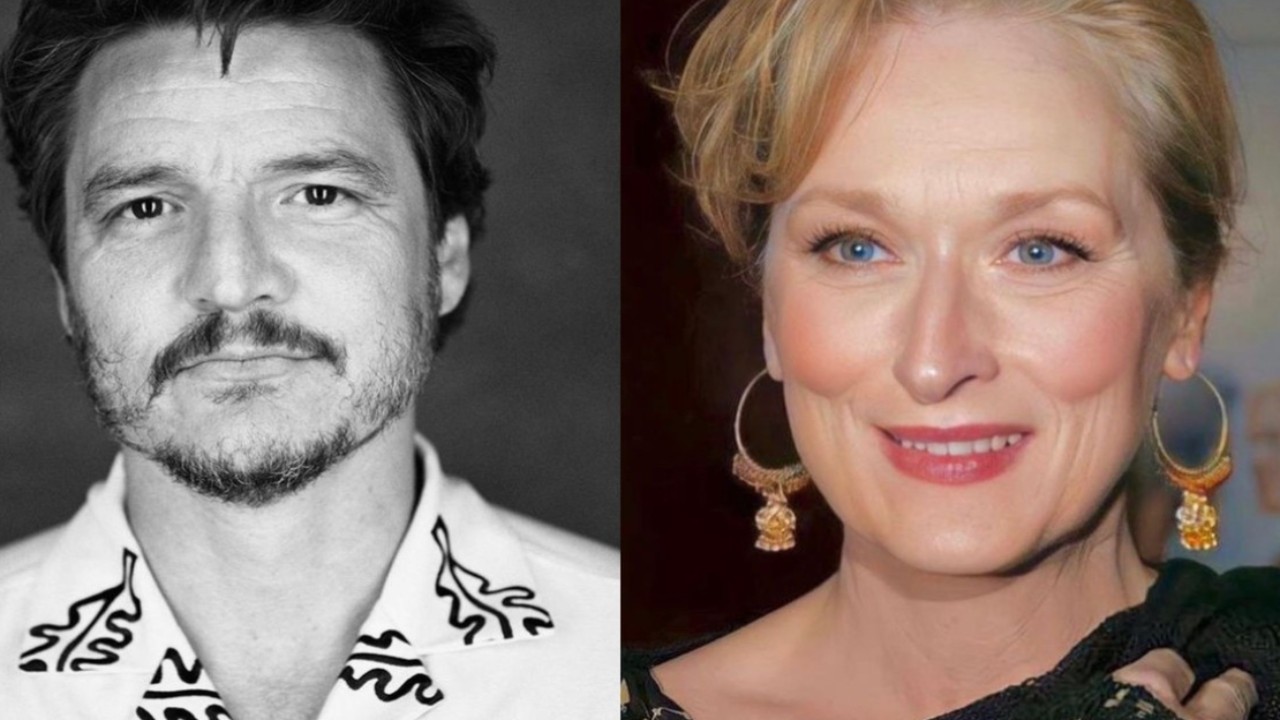



:max_bytes(150000):strip_icc():focal(731x224:733x226)/Ethan-Coen-and-Tricia-Cooke-022224-fbdafa8bfdd246e48fe8477a691ffe03.jpg)